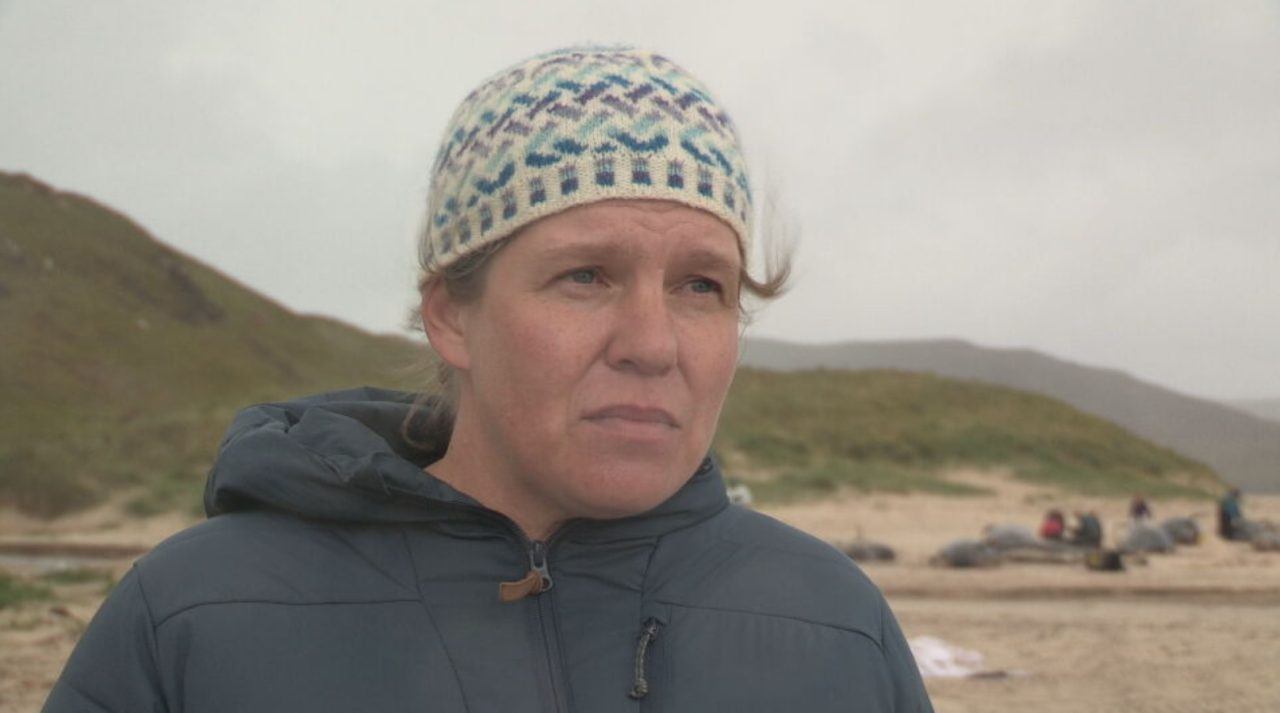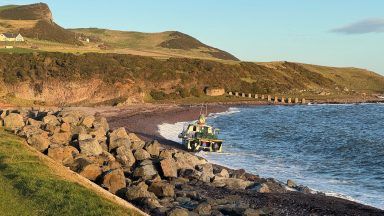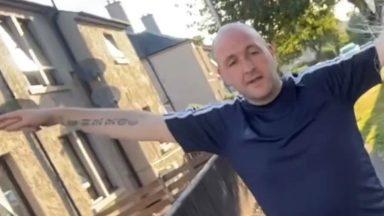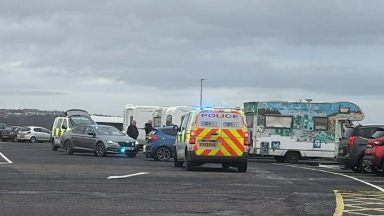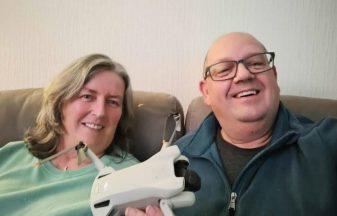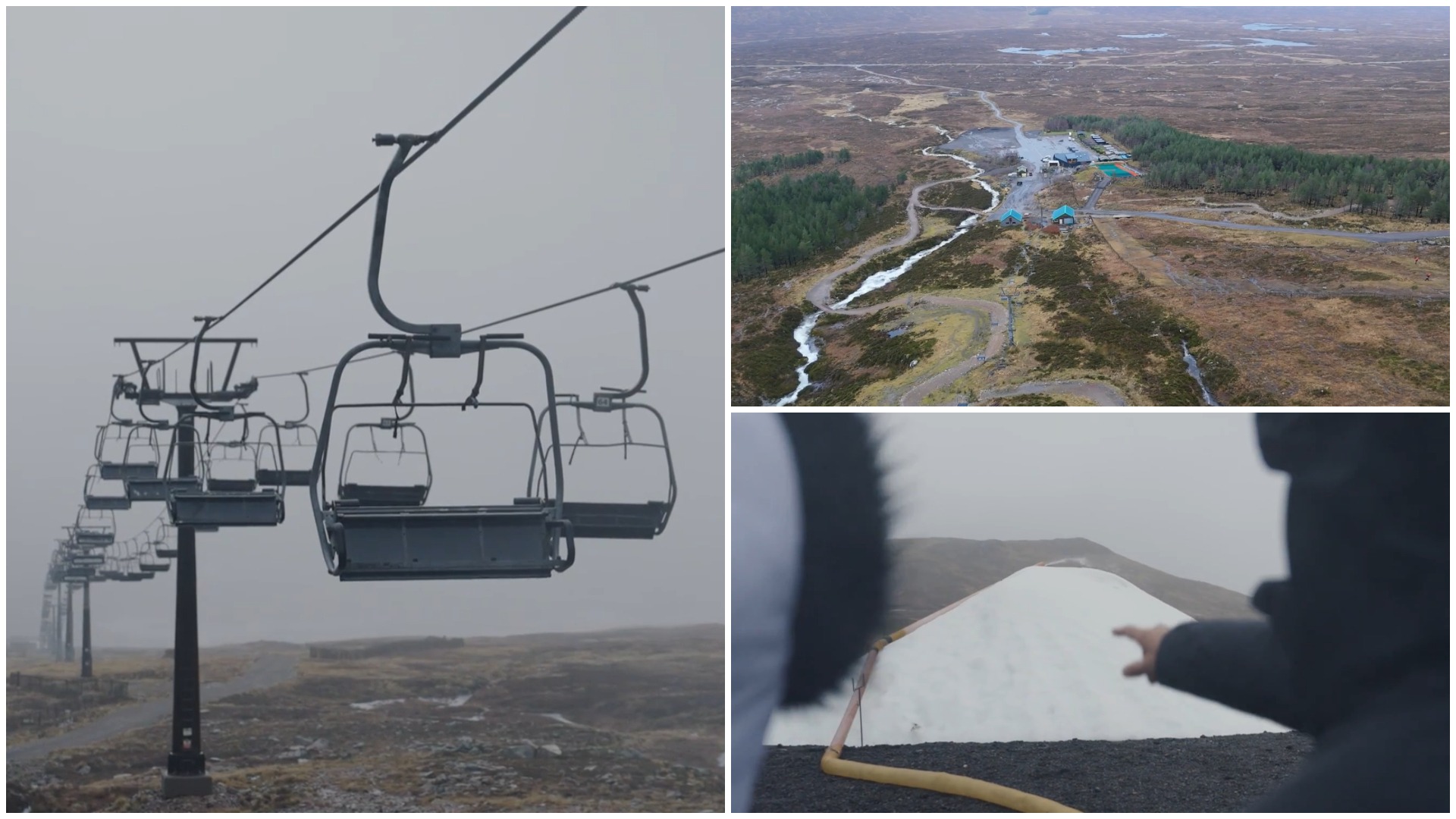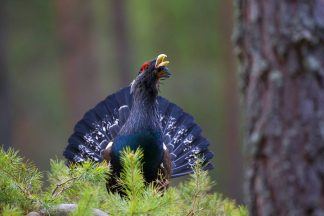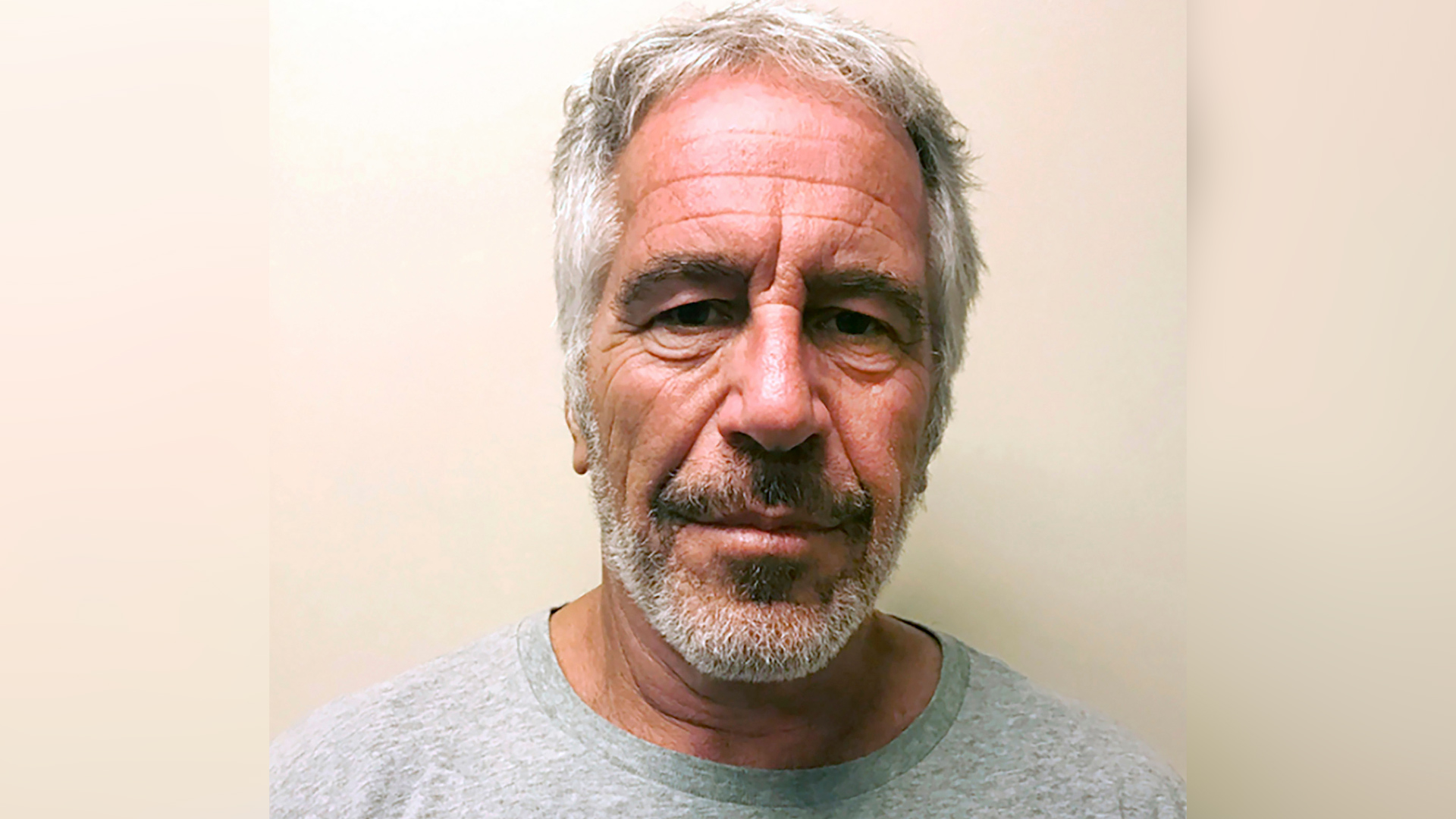Aid workers have described the “nightmare” they were faced with after dozens of stranded pilot whales died on a Western Isles beach.
Only 15 of the 55 animals which had washed ashore on Traigh Mhor beach in the North Tolsta area of the Isle of Lewis were alive at around 7am on Sunday morning.
The British Divers Marine Life Rescue (BDMLR) were alerted by police to the stranded which included both adult and calf pilot whales.
The marine life charity administered first aid to the surviving whales and attempted to refloat some of the more active whales, but one was stranded and subsequently died.
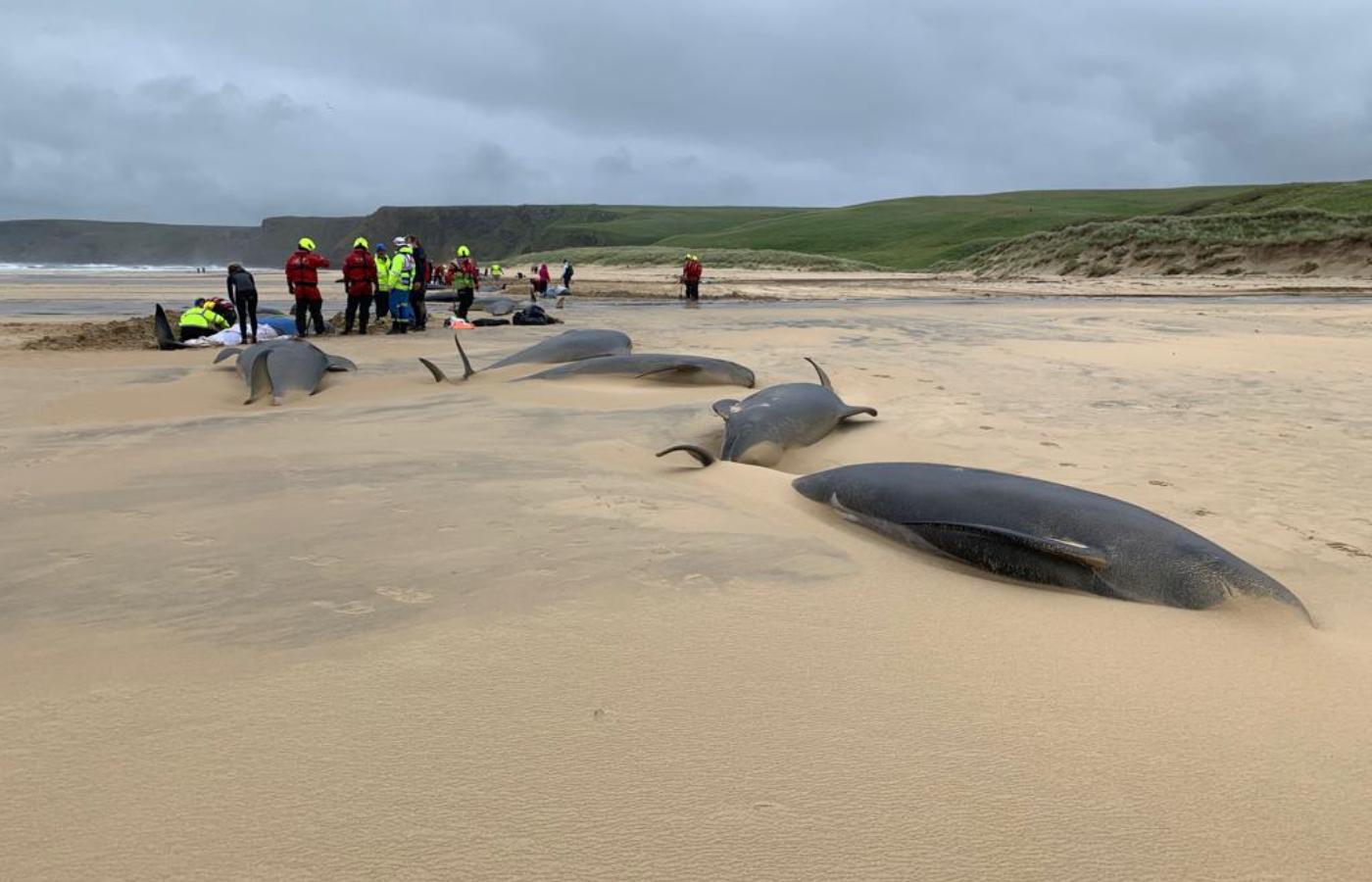
A further three whales died, leaving 12 still alive – eight adults and four calves.
At about 3:30pm, the local vet along with the coastguard, fire and rescue, and a forensics vet came to the conclusion that the shallow beach and rough wave conditions made it too unsafe to refloat the remaining animals.
Considering how long the pilot whales had been out of the water in addition to the poor conditions, it was decided that they should be euthanised on welfare grounds.
Cristina McAvoy from the BDMLR said there was “not a dry eye” among those who came to the whales’ aid on Sunday.
She told STV News: “It really is the stuff of your worst nightmares, coming down to see so many beautiful, healthy animals lying dead on the beach with live ones amongst them.
“The live ones were very aware of the situation. They were moving, they were alert. They were intelligent creatures.
“It’s really hard to understand why they’ve done this and how to stop them from doing it. But the priority was to end their suffering – that was why the decision was made to euthanise them.”
She said volunteers kept the living whales cool and wet, talked and sang to them to make them comfortable before they were put down.
“There were tears – not a dry eye in the group,” she added. “Knowing they were about to be put down when they were healthy was difficult to cope with.
“It was a big ordeal to see suffering in such numbers.”
In an update on Sunday evening, the BDMLR said that one of the dead whales appeared to have had a vaginal prolapse.
It led them to suspect that the whole pod was stranded due to one female giving birth.
Mariel Tendoeschate, an ecologist from the University of Glasgow, said it’s the largest amount of fatalities in a mass stranding event ever dealt with in Scotland.
She said it was an “incredibly complex” situation and post mortems would be carried out on the whales to find out more about what happened.
She said: “It was not a nice sight to see, for sure. We all tried our best to save the ones that are still alive.
“We needed to think practically of what we could do; the longer the whales were on the beach, the less chance of survival by the time we did get down to the water.
“These animals also weigh around 600kg each. They are very large and can end up crushing themselves.
“We have really rough seas with a ripping undercurrent here, which is problematic for keeping people safe.
“Those are all considerations you have to make to make a refloat viable.

“But examining the whales that died means we can maximise the information we get, so they did not die in vain.”
Veterinary pathologist Dr Andrew Brownlee explained that researchers will take different types of tissue from the bodies of the whales for examination.
Such work will help them understand more about the species, such as their diet, body condition and life history.
“This is more animals than we’ve had to ever dealt with in necropsy,” he said. “It’s unlike anything I’ve ever seen.
“It’s a testament to those involved with rescue and logistics that we’ve got these animals to be able to examine them.
“It’s a grim job, but we can learn so much from this process that it is kind of worthwhile.”
Follow STV News on WhatsApp
Scan the QR code on your mobile device for all the latest news from around the country


